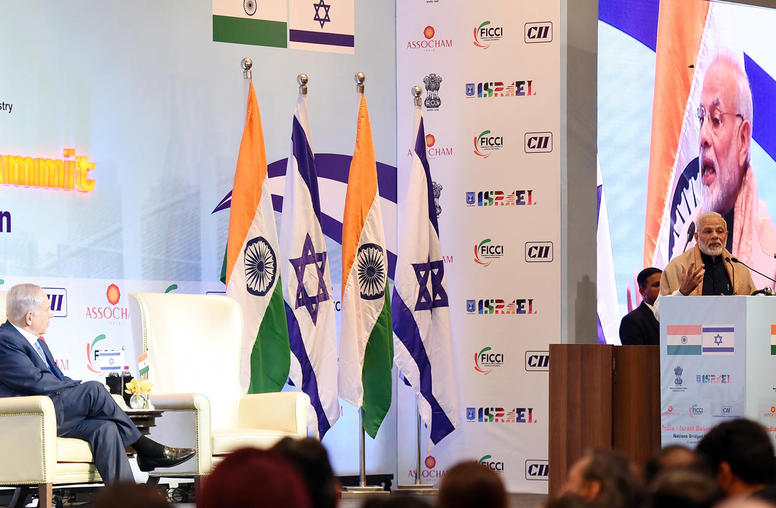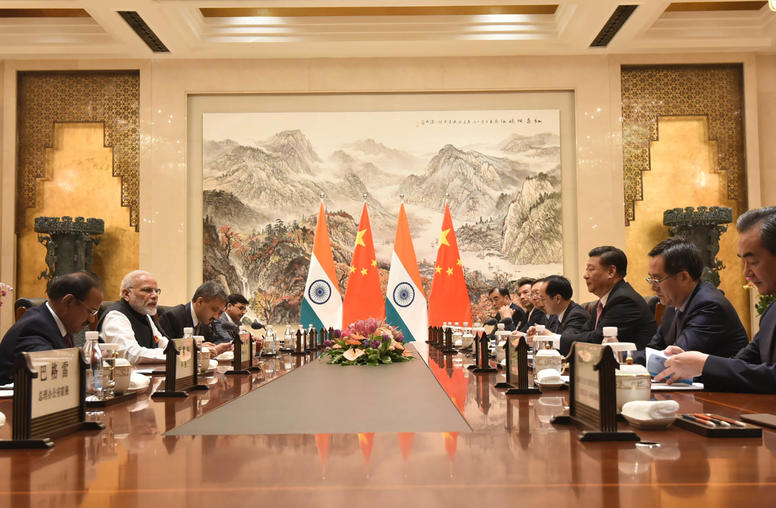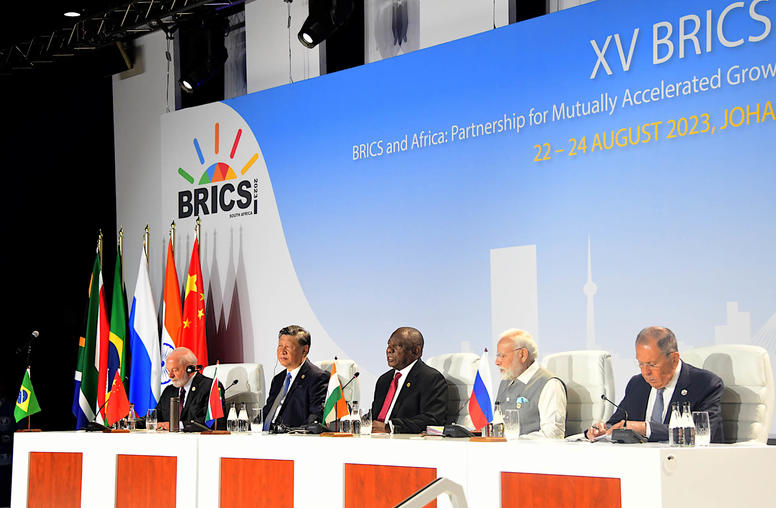Daniel Markey, Ph.D.
Contact
Please submit all media inquiries to interviews@usip.org or call 202.429.3869.
For all other inquiries, please call 202.457.1700
Dr. Daniel Markey is a senior advisor on South Asia at the United States Institute of Peace. He is also a senior fellow at the Johns Hopkins University’s School of Advanced International Studies (SAIS) Foreign Policy Institute.
From 2015-2021, Dr. Markey was a senior research professor in international relations at SAIS, where he launched and led the Master of Arts in Global Policy degree program and taught courses in international politics and policy. From 2007-2015, Dr. Markey was a senior fellow for India, Pakistan, and South Asia at the Council on Foreign Relations. From 2003 to 2007, Dr. Markey was a member of the U.S. State Department’s Policy Planning Staff. His work focused on U.S. strategy in South Asia, especially Pakistan and India. Prior to government service, he taught in the Department of Politics at Princeton University and served as executive director of Princeton’s Research Program in International Security. Earlier, he was a postdoctoral fellow at Harvard’s Olin Institute for Strategic Studies.
Dr. Markey has two decades of academic, think tank, and government experience focused on international relations and U.S. policy in Asia, with a particular focus on South Asia and China’s evolving role in the region. Dr. Markey earned his bachelor’s in international relations from Johns Hopkins and his doctorate in politics from Princeton.
Dr. Markey is the author of China’s Western Horizon: Beijing and the New Geopolitics of Eurasia (Oxford University Press, 2020). The book assesses the evolving political, economic, and security links between China and its western neighbors, including Pakistan, India, Kazakhstan, Russia, Saudi Arabia, and Iran. He is also the author of No Exit from Pakistan: America’s Tortured Relationship with Islamabad (Cambridge University Press, 2013) as well as numerous reports, articles, book chapters, and opinion pieces. His commentary has been featured widely in U.S. and international media.




